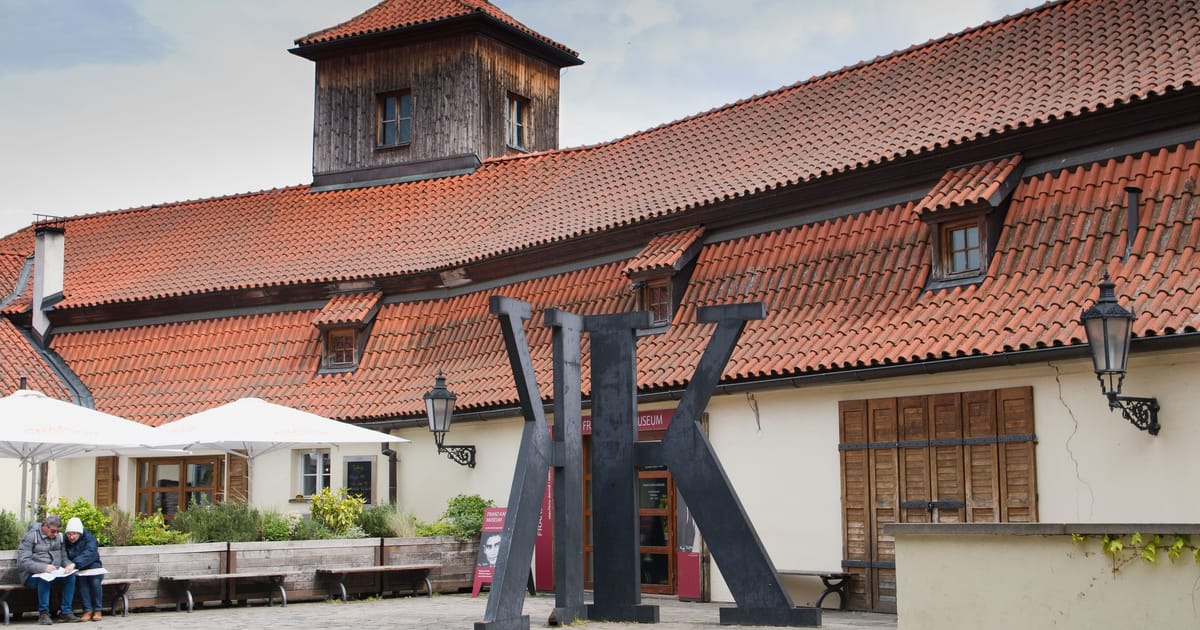Mario Rodríguez Acosta
In the Congress of the Republic, the Law of Competition is being discussed, as a result of the commitments the country took to sign Free Trade Agreements. That meant an ideological dispute between groups that were in favor of and against the law, and the dispute arises from the neoliberal business sectors that previously advocated for the free market and are now contradicting one of the commitments undertaken in the signed commercial agreements. Why is this happening.
A liberal, in general, defends free trade based on placing the market as the engine of the entire economic process and the main sector of its analysis. This way of thinking soon became a way of organizing public policies, with a major rise in Latin America with the so-called Washington Consensus and Fukuyama’s now famous “End of History”, when which he called the liberal influence on socialism. International financial institutions played a fundamental role in the development of this vision and collaborated with governments to promote exports, open markets and promote a policy of macroeconomic balance by reconciling the autonomy of the Central Bank .
They called the promoters ordoliberals, followers of the Freiburg school, which was a kind of fusion between social justice and individual freedom. They oppose classical liberalism due to important nuances through the theory of competition, thus justifying the intervention of the State in the economy and recognizing the imperfection of the markets.
It was Alfred Müller-Armack who created the concept of a social market economy and used the term regulated competition within institutional economics, whose main ideas were effective competition to avoid monopolies, consumer protection to gain access to products fair prices and state intervention to correct market failures. , with the aim of protecting vulnerable groups, leaving social responsibility to companies, without neglecting the search for economic benefits. Müller-Armack emphasized the importance of a strong institutional framework to ensure fair competition in markets, complementing market freedom with selective state intervention to correct failures and protect consumers from abuse.
This vision recognizes that legislation has a fundamental role in guaranteeing a market economy, as it prevents the creation of monopolies and oligopolies, unfair competition and, above all, protecting consumers from abusive practices by powerful companies. The legislation also allows controlled state intervention, trying to guarantee competition on equal terms, which in the end, according to this trend, causes economic efficiency.
This variant of liberalism considers the state and its intervention as largely legal, as it seeks to impose universal norms and rules that require a foundation across -national to have for their performance. For this reason, in the beginning the WTO was designed as a legal framework of trade rules to establish the constitution of the world in the area of free trade, a framework of transnational and international activities that would allow the manage the participation of each member country in various areas. , even in places that were not necessarily strictly commercial. Thus was born the Investment Agreement, which tried to give benefits and advantages to businessmen to guarantee their capital anywhere in the world, but his attempt was frustrated, and the t International Center for International Investment Arbitration Later ICSID, which is dedicated to arbitration. of international investment disputes, under the auspices of the World Bank.
At the other extreme are the anarcho-capitalists or libertarians who still think that competition is the main rule that moves the world, especially what is done by “human beings” free and without state intervention” where the company is to be a model of behavior. competitive. These advocate the total destruction of the state and the abolition of the coercive entity that limits individual freedom and the free market, thinking that every society that abolishes the inter- This state’s future self-regulation through private contracts of voluntary cooperation, but, always counting on. the coercive and violent protection of the State, to guarantee business and “property rights.”
For this reason, anarcho-capitalists or libertarians are against the law of competition, because they believe that it is unnecessary intervention by the State that changes the ability of the market to self-regulate. For von Mises, any intervention is an obstacle to the market that limits the freedom of individuals and creates perverse incentives, a slogan regularly used by Guatemalan libertarians. His argument is basic: “when the State intervenes, it generates a system of benefits that removes the market,” arguing that the most effective way to to protect consumers and supported by a strong and coercive judicial system that affects it. to fulfill
The debate about the convenience or not of the Competition Law has raised controversies regarding the direction of the neoliberal management of the economy. The concept of social individualism openly contradicts the tolerance of economic power to regulate rules that may question, but not threaten, the economic power of certain companies in inter-national markets. different It is a conflict without victims and a debate without positions. For the Association for Social Economic Research of Asia, it is what it is lack of political will which causes there is no competition law in the country. Alexandre Segovia called the great failure that 150 years of ineffective capitalism in Central America, which is reflected in the inability of the State of Guatemala to comply with the commitments that are accepted within the agenda which is very neoliberal.
The positive thing about this discussion is to question business practices based on monopolies, duopolies and cartels integrated in commodity chains with the outside world. The absence of such law is explained by the struggle of businessmen who have much to lose and little to gain with more competitive markets, even if they are promoters of market freedom. As a result of this hypocrisy of the Creole bourgeoisie, the debate about competition policies is hidden by a special interest that allows powerful actors to oppose institutional change that does not eliminate the primacy of market capitalism and private property.


